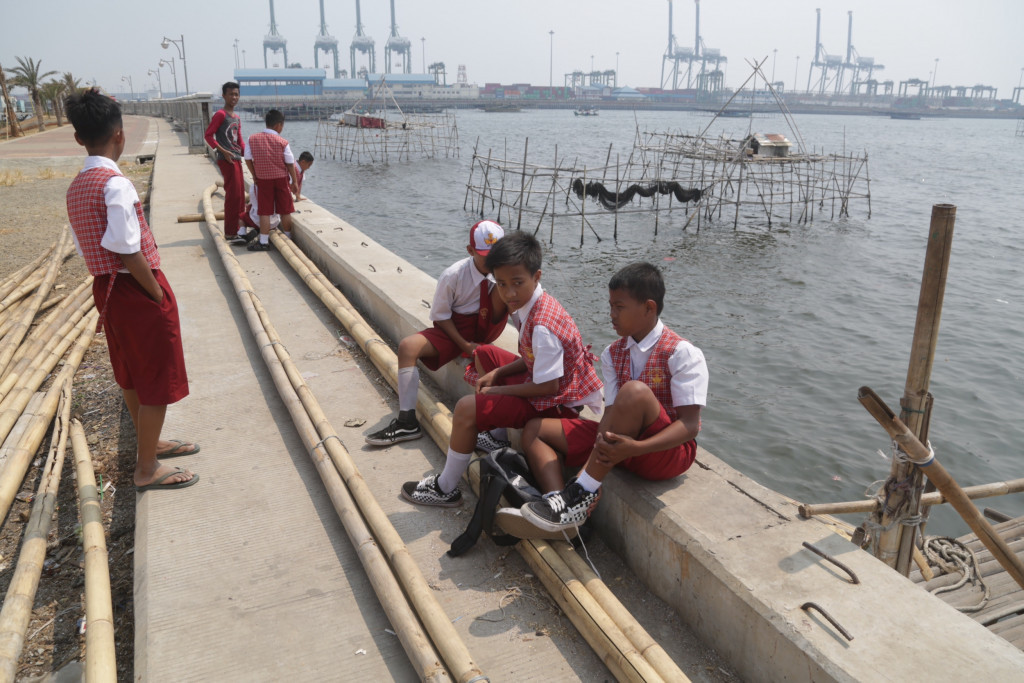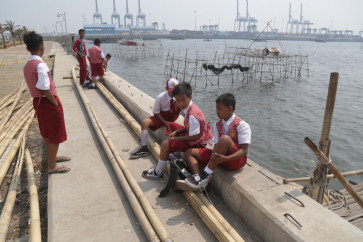Popular Reads
Top Results
Can't find what you're looking for?
View all search resultsPopular Reads
Top Results
Can't find what you're looking for?
View all search resultsCOP27: A stark reminder to protect the poor in climate battle
There is increasing evidence of adaptation actions that further deepen existing social inequities and lead to adverse outcomes – which is widely known as “maladaptation”.
Change text size
Gift Premium Articles
to Anyone

Ahead of the United Nations Climate Change Conference on Climate Change (COP27), Indonesia had to face 76 climate-induced disasters between Oct. 10 and Oct. 16 that left 13 people dead and affected over 70,000 others in 21 provinces, according to the National Disaster Mitigation Agency (BNPB).
In this year alone, extreme meteorological and climate events have claimed more than 200 lives and injured over 800 and displaced over 3 million others, based on the BNPB’s data. With the BNPB predicting a longer rainy season this year, Indonesia will need to work hard to prevent further disasters from occurring.
The poor are more likely to be the hardest hit as they live in conditions that make it difficult for them to cope with weather shocks and extreme temperatures. They own few assets and have limited access to capital. They also depend on sectors that are sensitive to climate change like agriculture and fisheries, and live in areas more susceptible to climate change, such as coastlines.
Researchers also found that economic well-being is intertwined with the weather. A 1 degree Celsius increase in maximum temperature decreases real per capita expenditure by around 0.4 percent, while 10 additional days when the maximum temperature is higher than 34 degrees slashes it by almost 4 percent. Similarly, 10 extra days delay in monsoon onset lowers real per capita expenditure by 0.1 percent.
The adverse impacts of climate change on Indonesia will continue to increase in the coming decades. A recent United Nations Environment Programme (UNEP) report states that the world will witness a temperature rise of between 2.4 and 2.6 degrees by the end of this century as it stands today – much higher than the previous 1.5-degree target.
Such risks associated with climate change call for better climate change protection for the poor as Indonesia will attend the COP27 in Sharm El-Sheikh, near Cairo, on Nov. 6-18.
Holding the Group of 20 presidency and being the 2023 ASEAN chair, Indonesia needs to capitalize on its strategic position in the COP27 to lead climate efforts through concrete actions.



















